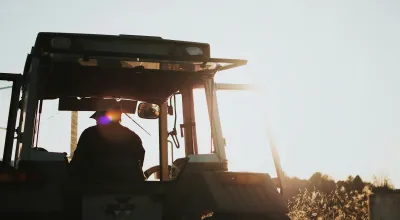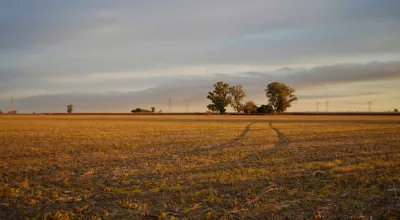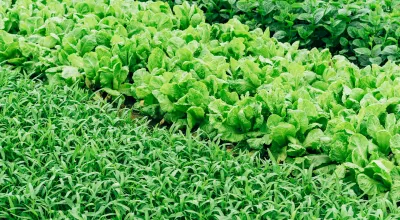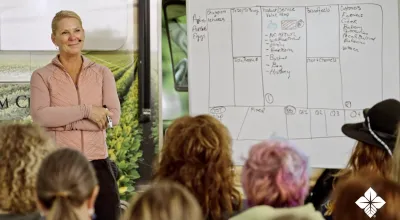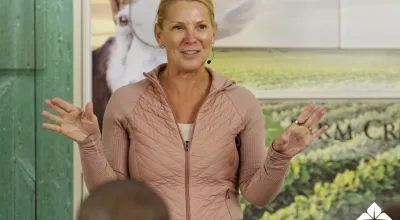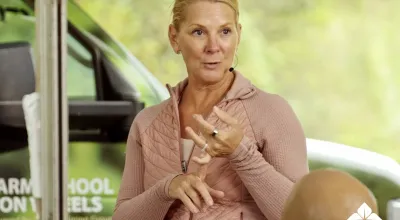
Risk Mitigation: Protecting Your Farm For The Future
Farming isn’t just about sowing seeds and reaping harvests – it also involves a complex web of legal intricacies and risk management strategies. The importance of safeguarding assets and mitigating liability is essential for agricultural operations to survive and thrive.
Nancy Guyton, a legal expert from Law Firm Carolinas recently shed light on the critical aspects of legal protection and risk mitigation for farmers during a recent Farm School on Wheels seminar. Farm School on Wheels travels throughout the Carolinas to offer young, beginning and small (YBS) farmers training and ongoing support to run sustainable farming operations.
Setting up your business for success. The cornerstone of protecting farm assets lies in understanding and implementing robust legal structures. Guyton said Limited Liability Companies (LLCs) are the entity of choice for farmers. The flexibility and liability shield offered by LLCs serve as a safeguard for personal assets, farmland and income streams. By establishing separate LLCs for different facets of farm operations, such as land ownership and business activities, farmers can strengthen their protection against risk.
Liability waivers and signage. Guyton underscored the need for liability waivers and signage, particularly in agritourism ventures. These measures not only mitigate the risks associated with public interactions, but they also delineate boundaries and responsibilities, thereby enhancing farm safety and minimizing legal liabilities.
“You want to protect yourself from liability from any kind of injuries – anything that occurs on your property,” she said. “That includes any interactions with animals or equipment. And, whatever you do, don’t pull one off the internet. There are very specific requirements you need for a liability waiver to be enforceable. Most waivers you sign, including your kids’ permission slips, aren’t waivers of liability because they don't meet all the necessary requirements. Take the time to get legal input and address the unique aspects of your business.”
Guyton said signage is key because it prohibits trespassers or prevents people from going to parts of the farm that aren’t open to the public.
Insure your future. In tandem with legal frameworks, Reed highlighted the indispensable role of insurance as an additional layer of protection. She emphasized the need for comprehensive coverage tailored to the evolving needs of agricultural operations. An annual review of insurance policies ensures alignment with the dynamic nature of farming, which increases resilience against unforeseen events, such as fire, injury, theft or crop failure.
Succession planning. Succession planning, an often overlooked yet critical aspect of farm management, is another must-have for aspiring and beginning farmers, Guyton said. While business succession and estate planning may be uncomfortable topics, open discussion and practical business decisions are necessary to protect farmers’ legacies.
“You’re working to create a lasting legacy, so you need to make sure you're passing that wisdom and knowledge on to the next generation by having honest conversations about who’s willing and capable of managing the farm when you’re no longer able to,” she said.
By integrating legal, insurance and succession-planning strategies into farm management practices, beginning farmers are better able to navigate the complexities of agriculture with confidence and resilience.
